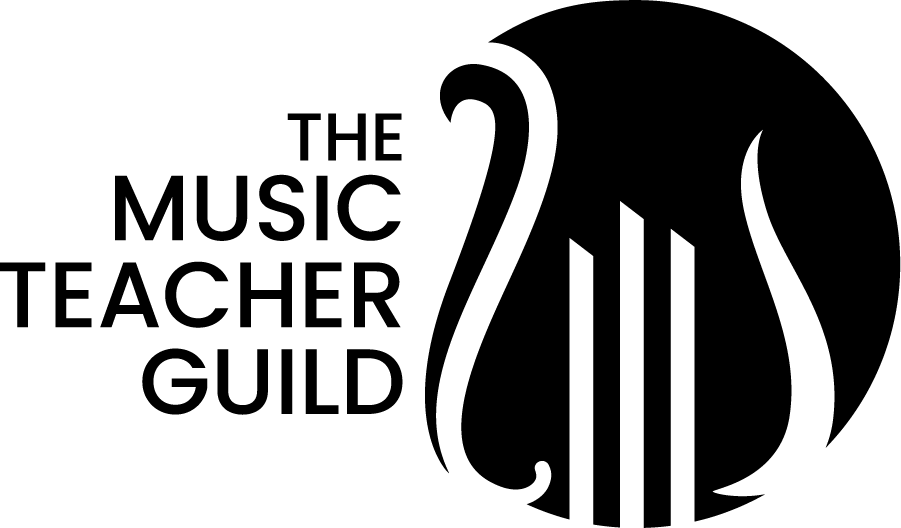Strategies for Effective Music Education Policy Advocacy
Music education programs are at the heart of cultivating creativity and discipline in students, but they’re often the first to face budget cuts. Advocacy ensures these programs remain a priority in school policies, giving students the chance to experience the transformative power of music. In this post, we’ll explore strategies for effective advocacy, showcase its impact, and share resources to help you champion music education policies.
Why Advocacy is Crucial for Music Education
Music education doesn’t just teach students to play instruments—it builds essential skills like teamwork, discipline, and creativity. Yet, many programs struggle to survive due to limited funding and shifting educational priorities.
Advocacy plays a vital role in:
Protecting Programs from Budget Cuts: When music education is undervalued, it’s often the first to lose funding.
Expanding Opportunities: Advocacy can lead to more inclusive policies that ensure access to music programs for all students.
Elevating the Arts in Education: Strong advocacy highlights the critical role of the arts in fostering well-rounded learners.
Without advocacy, the benefits of music education may not reach future generations.
Effective Strategies for Music Education Advocacy
1. Building Awareness
Advocacy starts with educating stakeholders about the value of music education.
Share compelling statistics about the benefits of music education, such as its impact on academic achievement and emotional well-being.
Host events like concerts or showcases to demonstrate the real-world impact of music programs.
2. Engaging with Policymakers
Policymakers play a significant role in shaping education budgets and policies.
Present Data and Stories: Combine statistics with personal anecdotes from students, teachers, and parents to create a powerful narrative.
Schedule Meetings: Arrange face-to-face discussions or attend school board meetings to voice your concerns.
Highlight Economic Benefits: Research shows that arts education contributes to local economies, creating a compelling argument for investment.
3. Leveraging Community Support
The collective voice of a community can amplify advocacy efforts.
Mobilize Parents and Students: Encourage them to participate in petitions, letter-writing campaigns, or public forums.
Partner with Local Organizations: Collaborate with cultural institutions, nonprofits, and businesses to strengthen your efforts.
4. Using Social Media
Social media platforms are powerful tools for raising awareness and rallying support.
Share impactful stories and data with hashtags like #SupportMusicEd or #ArtsMatter.
Organize virtual events or fundraisers to reach a wider audience.
Use video testimonials from students and teachers to humanize the cause.
The Impact of Advocacy on Policy Changes
Case Studies of Success
Advocacy efforts have led to meaningful changes in music education policies:
In 2015, the Every Student Succeeds Act (ESSA) identified music as a core subject, thanks in part to sustained advocacy from organizations like NAfME.
Local campaigns have secured millions in funding for arts education programs, particularly in under-resourced schools.
Long-Term Benefits
Schools that prioritize music education tend to see:
Higher student engagement and academic performance.
Increased participation in extracurricular activities.
Stronger community ties through performances and events.
Tools and Resources for Advocacy
Advocacy Toolkits
NAfME (National Association for Music Education): Offers detailed guides on how to advocate effectively.
VH1 Save the Music Foundation: Provides resources for building campaigns and securing funding.
Connecting with Policymakers
Use platforms like BallotReady to identify local representatives.
Attend school board or PTA meetings to stay informed and vocal.
Grants and Funding Opportunities
Explore grants from organizations like DonorsChoose or the Mockingbird Foundation to support your advocacy initiatives.
Conclusion
Advocacy for music education policies isn’t just about saving programs—it’s about ensuring every student has access to the transformative power of music. Whether you’re raising awareness, engaging with policymakers, or mobilizing your community, your efforts can make a lasting impact.
Take the first step today: join an advocacy group, write to your local representatives, or share the importance of music education with your network. Together, we can create a world where music education thrives.

